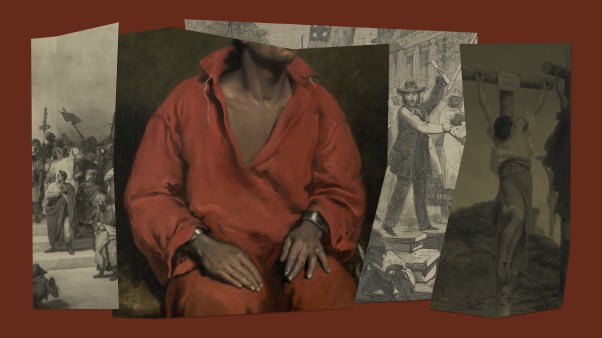Praying to the saints began with the practice of praying for them. Any Christian who died was remembered in prayer, and services took place on the third, seventh, ninth, thirtieth, and fortieth day after death. For martyrs, annual remembrances of their death were celebrated and called “birthdays,” the day the person was born into heavenly life with Christ.
Soon churches drew up lists of martyrs, believing that prayer for martyrs was of “great benefit to those for whom it is offered” (Cyril of Jerusalem). Origen said praying for the dead attested to the living unity of Christians in heaven and on earth—the communion of saints.
Gradually, the church believed that martyrs, having made the ultimate sacrifice, already lived fully in God’s presence. They didn’t need the church’s prayers as much as the church needed theirs: “Only God can pardon, though we see that the merits of the martyrs have great weight before his tribunal” (Cyprian of Carthage).
When persecutions waned (and thus the number of martyrs), the church began to give honor to the lifelong sacrifice of virgins and ascetics. For instance, an inscription on a church dedicated to Martin of Tours (died c. 397) reads, “Seek for your patron [Martin], as he steadily follows the steps of the Eternal King.… Ask for [his] assistance: it is not in vain that you knock at this door. His generous goodness extends over the whole world.”
Despite fears of idolatry, the practice of praying to saints was affirmed by later church leaders such as Augustine and Aquinas.
Mark Galli is Associate Editor of Christian History.
Copyright © 1993 by the author or Christianity Today/Christian History magazine.Click here for reprint information on Christian History.










